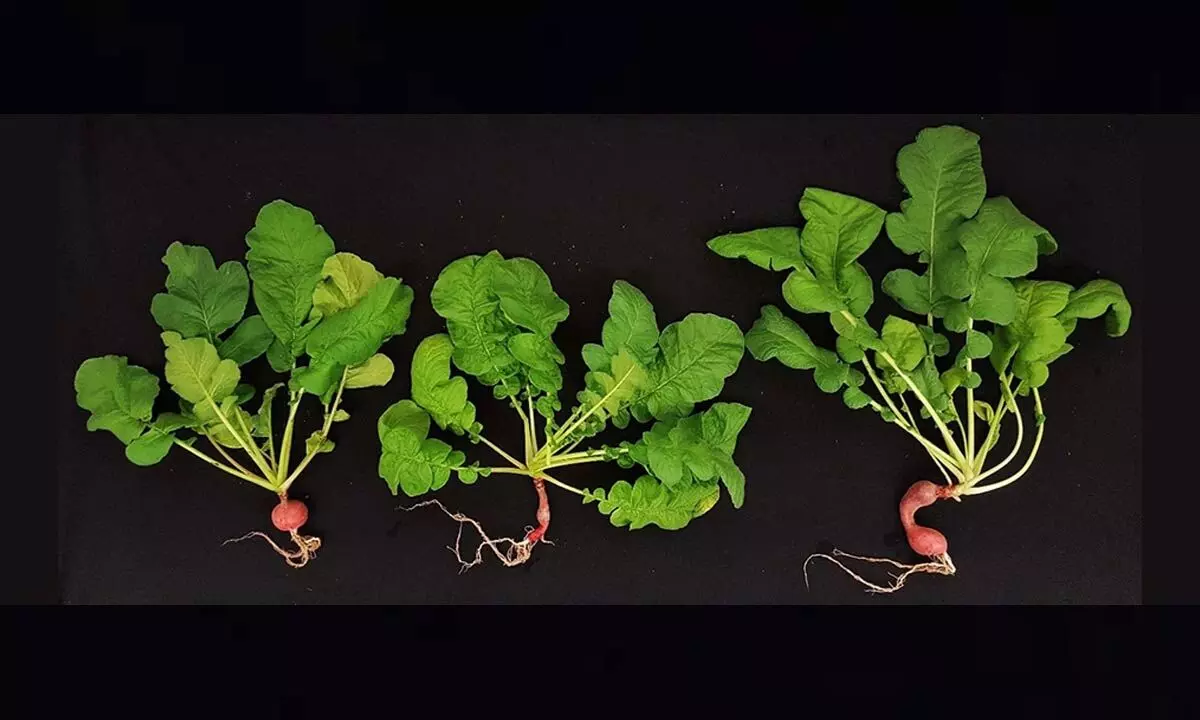Researchers Found First Plant They Should Grow on Mars

Researchers Found First Plant They Should Grow on Mars
- NASA experiments with crops that might grow on the surface of the red planet but it would be anything but simple.
- Researchers have shown that this forage crop would be able to endure in hard volcanic soil like that found on Mars and could subsequently be utilized as fertilizer to grow foods like turnips, radishes, and lettuce.
After researchers have over come all the obstacles in their way to Mars, they need to figure out how to make life there sustainable. Growing and producing crops will play a significant role in this. NASA experiments with crops that might grow on the surface of the red planet but it would be anything but simple. The grit and dust are not only empty of organic matter and beneficial microorganisms, but they are also rich in salts and minerals that make it difficult for most plants to survive.
Alfalfa plants are now suggested as a solution by a recent study. Researchers have shown that this forage crop would be able to endure in hard volcanic soil like that found on Mars and could subsequently be utilized as fertilizer to grow foods like turnips, radishes, and lettuce.
The researchers noted that the Martian soil's poor nutritional content and the water's high salinity make them unsuitable for direct use in the propagation of food crops on Mars. For long-term missions, it is crucial to find methods for boosting the nutritional content of the soil on Mars and desalinating salty water.
The regolith on Mars is difficult to replicate precisely, but the researchers assembled the closest facsimile they could before testing various seeds in it. They discovered that without any additional fertilizer, alfalfa might grow as healthily as it does in Earth soil. T hen, alfalfa fertilizer was tested with simulated Martian regolith. Three plants that grow quickly, requiring minimal care, and require little water were successfully grown: turnips, radishes, and lettuce.
However, there was a catch: fresh water was also required. The team hypothesises that the salty water present on Mars could be treated with a particular marine bacteria before being filtered through volcanic rock based on more trials. Meanwhile, how well they can replicate Martian soil on Earth is just one of many problems that remain unanswered. The surface regolith of the red planet may not quite match our expectations when we finally arrive there.
The poisonous perchlorate salts that would normally be rinsed out of Martian soil by desalinated water were likewise absent from the simulated soil. The experiments described in this article provide scientists and astronauts some more intriguing possibilities to investigate. The strategies that the researchers have outlined are straightforward to use and effective.
Furthermore, growing alfalfa on Mars and using it as fertilizer would undoubtedly be less expensive than sending huge refrigerators full of food millions of kilometers away to the red planet. However, alfalfa isn't the only nutrient we might be able to produce in space.










